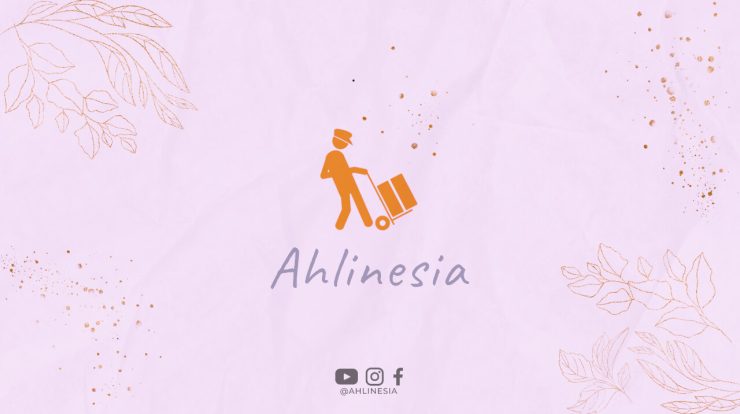
Studying in Australia can be a life-changing experience for international students. Besides the quality education and vibrant multicultural environment, many students aspire to stay in Australia permanently after completing their studies. Fortunately, Australia offers various opportunities for students to obtain permanent residency. In this article, we will explore the different pathways and requirements to achieve this goal.
1. Temporary Graduate Visa (Subclass 485)
One common way to secure permanent residency is through the Temporary Graduate Visa (Subclass 485). This visa allows international students to work in Australia temporarily after completing their studies. It has two streams:
– Graduate Work Stream: This stream is for students who have completed studies in occupations listed on the Skilled Occupation List (SOL). It provides an opportunity to gain work experience related to their field of study for up to 18 months.
– Post-Study Work Stream: This stream is for students who have completed a higher education degree in Australia. It allows them to work for a duration ranging from two to four years, depending on the highest level of qualification obtained.
2. Skilled Independent Visa (Subclass 189)
The Skilled Independent Visa (Subclass 189) is a points-based visa that allows skilled workers to live and work in Australia permanently. To be eligible, you need to submit an Expression of Interest (EOI) and be invited to apply. The visa does not require sponsorship from an employer or a state/territory government.
This visa category is highly competitive, and factors such as age, English proficiency, work experience, and education qualifications are taken into account. It is crucial to score well on the points test to increase your chances of receiving an invitation.
3. State Nominated Visas
Many states and territories in Australia offer nomination programs that allow international students to apply for permanent residency. These visas are typically part of the Skilled Nominated (Subclass 190) or Skilled Regional (Provisional) (Subclass 491) visa categories.
To be eligible for state nomination, you must meet specific criteria, such as having studied in the state or having a job offer from an employer in that region. Each state has its own occupation lists and requirements, so it is essential to research and choose the right state for your circumstances.
4. Employer-Sponsored Visas
If you have a job offer from an Australian employer, you may be eligible for an employer-sponsored visa. The most common options include the Employer Nomination Scheme (Subclass 186) and the Regional Sponsored Migration Scheme (Subclass 187).
These visas require sponsorship from an approved employer and may have additional requirements, such as skills assessments and English language proficiency. They offer a direct pathway to permanent residency, as long as you fulfill all the criteria set by the Department of Home Affairs.
5. Partner Visas
International students who have established a genuine relationship with an Australian citizen or permanent resident may be eligible for a Partner Visa. This visa allows you to live and work in Australia permanently based on your relationship.
There are different subclasses within the Partner Visa category, including offshore and onshore applications. The process can be complex, and evidence of a genuine relationship is crucial. Seeking professional advice from a migration agent or lawyer is highly recommended.
Conclusion
Acquiring permanent residency in Australia after studying is an achievable goal for international students. The pathways mentioned above provide various options to suit different circumstances and aspirations. It is essential to thoroughly research each pathway, understand the requirements, and seek professional advice to maximize your chances of success. With determination and proper planning, you can turn your study experience in Australia into a lifelong opportunity.






